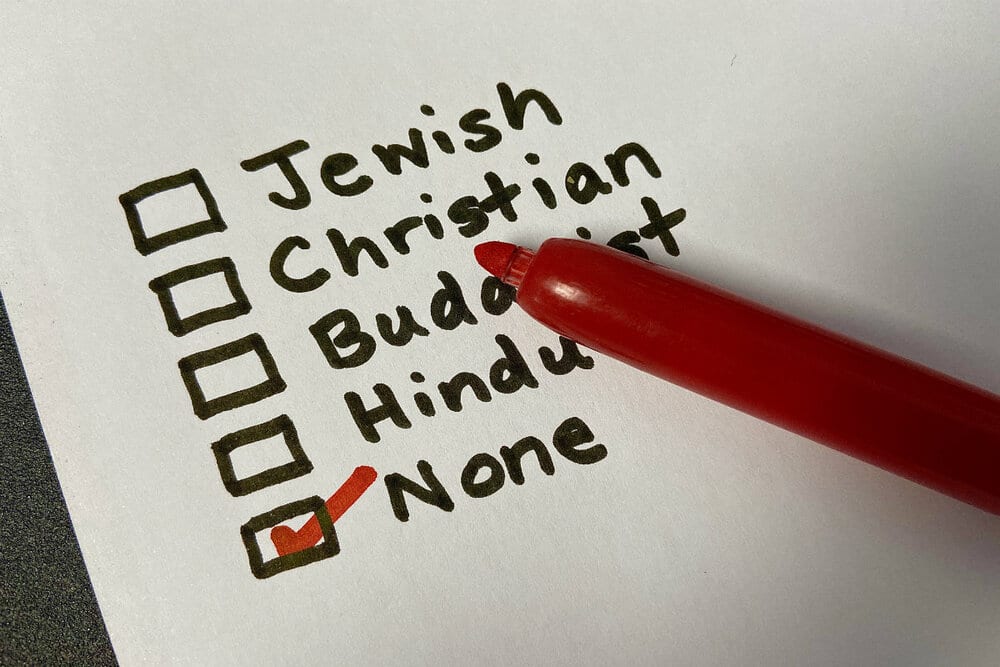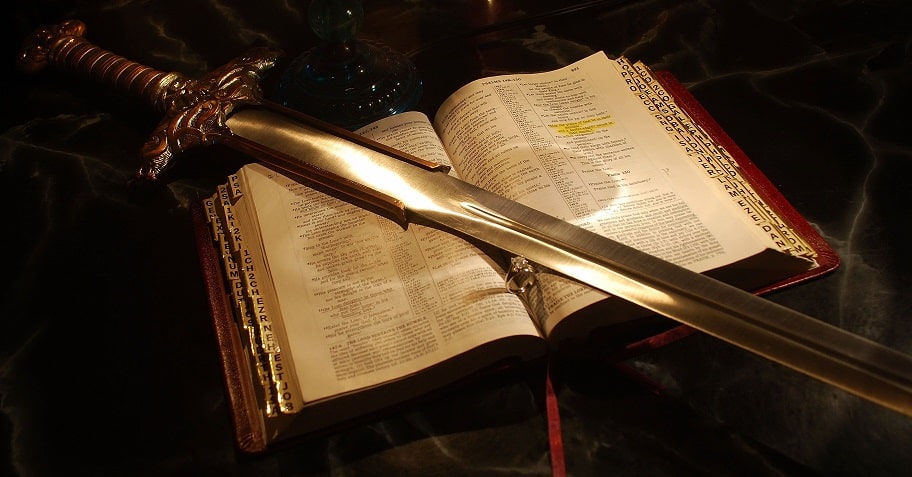Understanding “The Nones”

“The Nones” is a term that has gained traction in sociological, religious, and political discourses. It refers to a growing demographic group that, when asked about their religious affiliation, chooses the option “none.” This group includes atheists, agnostics, secular humanists, and those who believe in a higher power or consider themselves spiritual but do not identify with a specific religion.
The Rise of the Nones
The rise of “the nones” marks a significant shift in the religious landscape, particularly in the Western world. In the United States, for instance, the number of people identifying as religiously unaffiliated has grown dramatically in the past few decades. A study by the Pew Research Center reported that as of 2019, “the nones” accounted for about 26% of the U.S. population, up from 17% in 2009.
Who are the Nones?
“The nones” represent a heterogeneous group, embodying a broad range of beliefs, attitudes, and backgrounds. While some identify as atheists or agnostics, explicitly rejecting belief in God, others may hold spiritual beliefs but reject organized religion or do not align with any specific religious tradition.
Demographically, younger generations are more likely to be religiously unaffiliated than their older counterparts. Other demographic trends include higher levels of education and a tendency towards liberal political views. However, this group is not homogeneous and includes people from all walks of life.
Why the Shift?
There is no singular reason for this societal shift but rather a convergence of sociocultural changes. Modern secular societies have seen a rise in individualism and a decline in traditional institutional authority, impacting religious institutions. Additionally, the influence of science and rational thought, the problem of evil, and religious exclusivity or intolerance issues can contribute to religious disaffiliation.
Impact and Implications
The rise of “the nones” has considerable implications, particularly in politics, social policy, and community life. Politically, the religiously unaffiliated tend to lean more liberal, impacting voting patterns and policy preferences. Regarding social policy, issues around the separation of church and state, religious education, and religious freedom are increasingly significant.
On a community level, as religious institutions traditionally played roles in social cohesion, charitable work, and moral guidance, the rise of “the nones” raises questions about how these roles will be filled moving forward.
Looking Ahead
As the religious landscape continues to shift, understanding “the nones” becomes important for the church consultant. Whether this trend will continue or plateau is yet to be seen, but what’s clear is that the conversation around belief, faith, and spirituality is evolving. Religion, once assumed to be a given, is increasingly becoming a choice. This phenomenon challenges religious institutions and society at large to adapt and engage in new ways with matters of faith and belief.
Steve Lawes is a Church Consultant and also provides coaching for pastors, churches, ministries and church planters.





